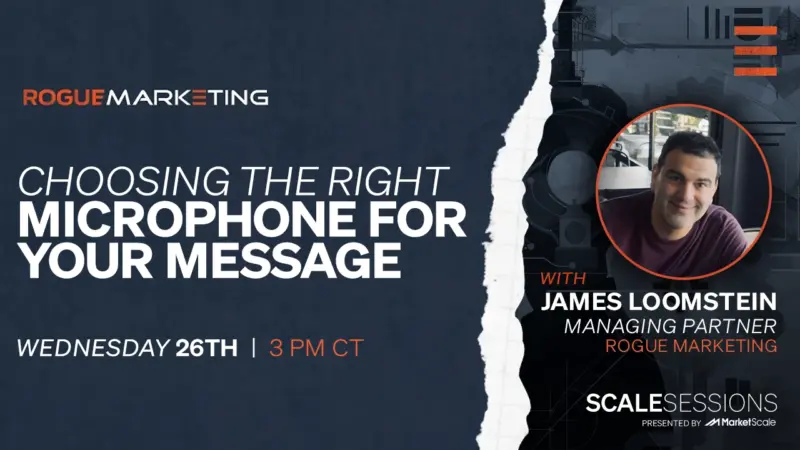Should Your Business Be Worried About Twitter Blue?
Twitters initial effort to charge money to verify accounts with a blue check mark is a mess, costing companies millions and damaging stock prices immensely. Videographer and Social Media Analyst Jordan Fussell highlights those companies most effected by such an influx in believable fake Twitter accounts.
Jordan’s Thoughts:
“Now, being a person who grew up on the internet, one of the things that you’ll learn early on is that people love to pretend to be somebody else, like Michael Jackson or a prince who wants to send you his entire fortune if you’ll only send him about $500 in Target gift card, So the internet did what the internet do and proceeded to make multiple parody accounts, famous companies, and tweet out ridiculous things they would never say.
But by far, one of the most damaging was a parody account of the company, Eli Lilly, an American Pharmaceutical Company, who is responsible for a large production of insulin. And they tweeted out, “Exciting news! Insulin is now free for everyone,” and because of that verified check mark next to their name, proceeded this in the internet into a spiral.
Now the actual Eli Lilly Twitter account was able to do some damage control, but not before the company dropped. 10 points on Friday, which at the time of this recording, the company is still not recovered from. I believe the main takeaway from all of this is that Musk and Twitter need to crack down on a plan to not have somebody with $8 in a sense of humor, cost investors thousands of dollars for the push of a single button.”







